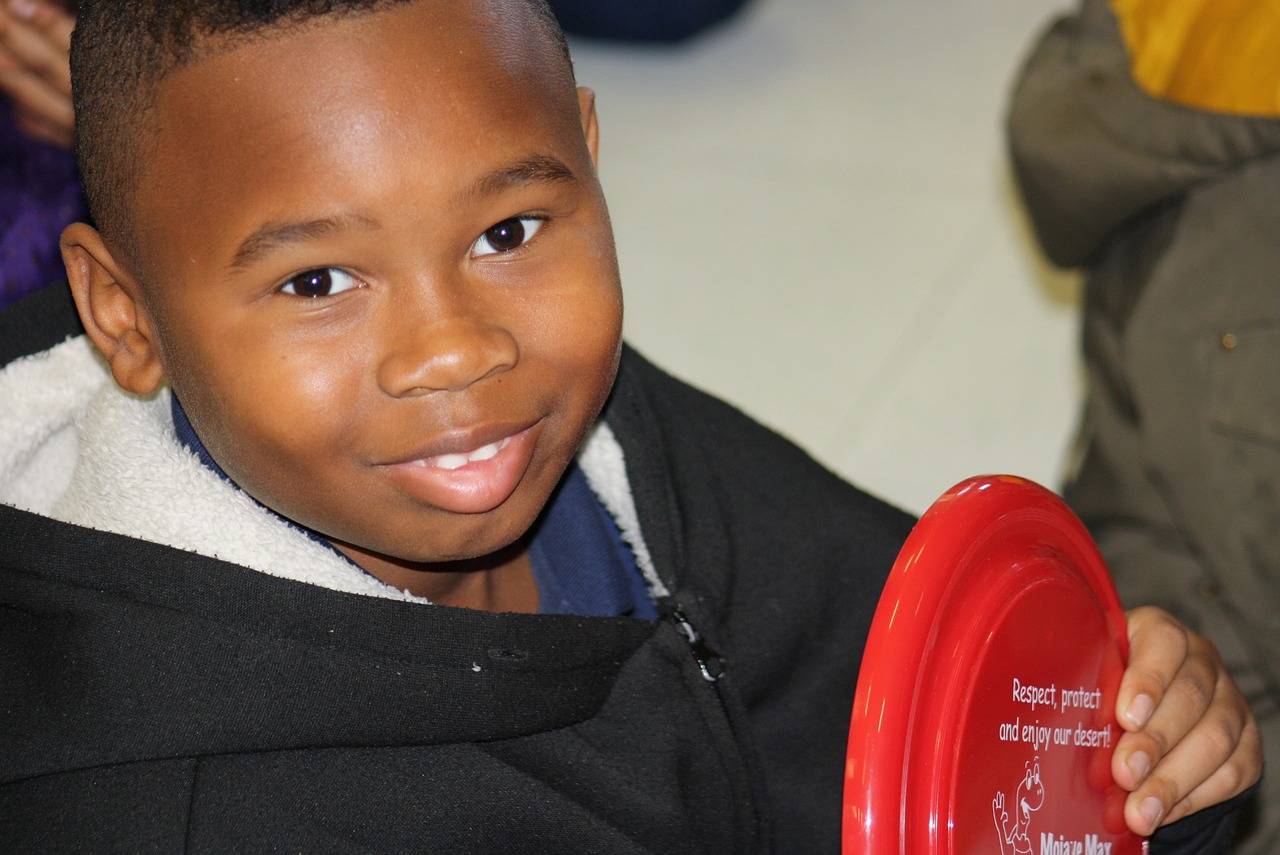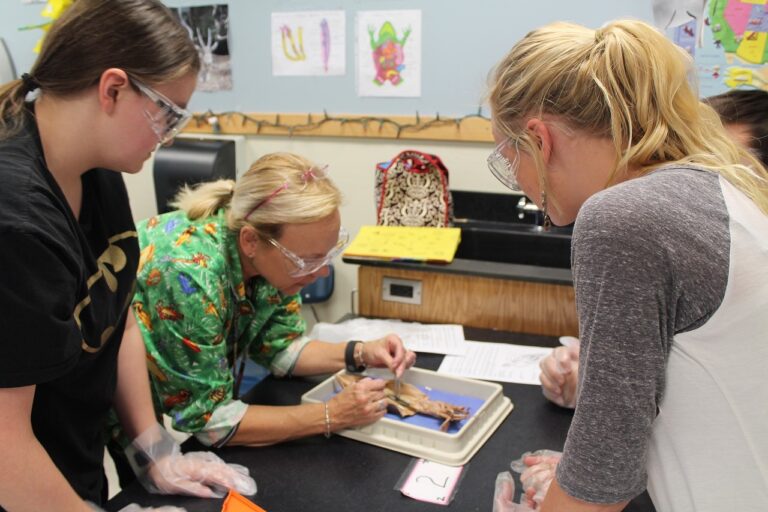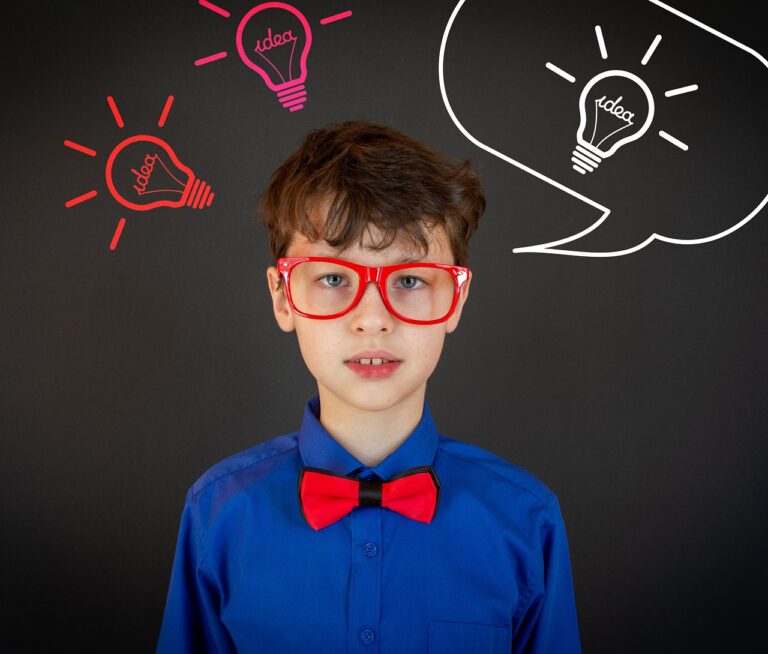Strategies for Supporting Gifted and Talented Students
Gifted and talented students often exhibit traits that set them apart from their peers. These students may demonstrate exceptional abilities in areas such as academics, creative thinking, leadership, or a specific talent like music or art. They may show advanced cognitive skills, a strong curiosity for learning, and an intense passion for their interests.
One common indicator of giftedness is high achievement in one or more specific areas. These students may excel academically, surpassing grade-level expectations and showing a depth of understanding beyond their years. Additionally, gifted students may display a heightened sense of creativity, problem-solving abilities, and a strong drive for exploration and discovery in their chosen fields of interest.
Understanding the Unique Needs of Gifted Learners
Gifted learners possess exceptional abilities that set them apart from their peers. These students often exhibit a deep curiosity and a rapid grasp of complex concepts. While their intellectual capabilities are remarkable, it is crucial to understand that gifted learners have unique social and emotional needs that must be addressed to support their overall development.
One key aspect of meeting the needs of gifted learners is providing them with opportunities for intellectual challenge and growth. These students thrive when presented with advanced, stimulating academic material that allows them to delve deeply into subjects of interest. Additionally, it is important to create a supportive environment that fosters their creativity and encourages them to think critically and independently. By recognizing and catering to the distinct needs of gifted learners, educators can help these students reach their full potential.
How are gifted and talented students identified?
Gifted and talented students are typically identified through various assessments, including standardized tests, teacher recommendations, and observations of their advanced cognitive abilities and creative thinking skills.
What are some common characteristics of gifted learners?
Gifted learners often exhibit traits such as high intellectual curiosity, rapid learning abilities, advanced problem-solving skills, and a strong motivation to excel in their areas of interest.
How can educators support the unique needs of gifted learners in the classroom?
Educators can support gifted learners by providing them with challenging and engaging curriculum, opportunities for independent study and research, and access to enrichment programs and resources that cater to their advanced skills and interests.
What challenges do gifted learners often face in traditional educational settings?
Gifted learners may face challenges such as boredom and disengagement in standard classroom settings, a lack of intellectual peers to connect with, and a need for more advanced and challenging academic material to stay motivated and fulfilled.
How can parents and caregivers advocate for their gifted child’s educational needs?
Parents and caregivers can advocate for their gifted child by communicating regularly with teachers and school administrators, seeking out advanced learning opportunities outside of school, and exploring options for acceleration or enrichment programs that cater to their child’s unique abilities.





